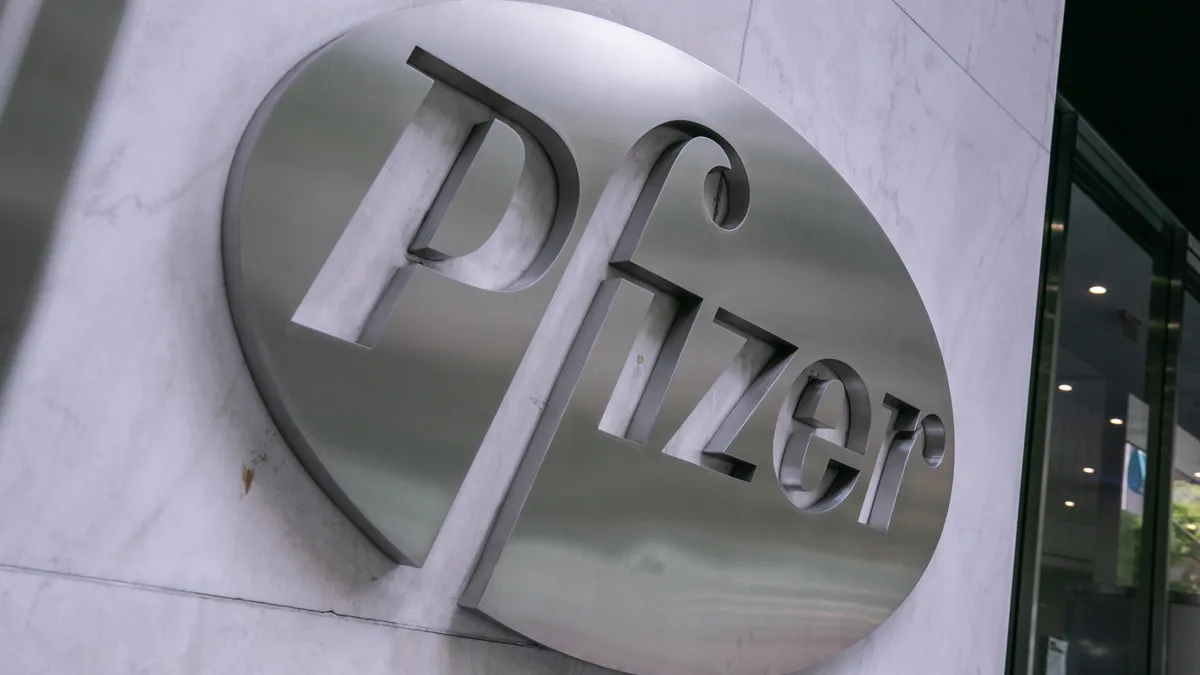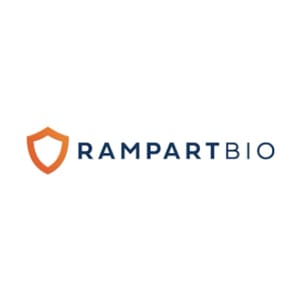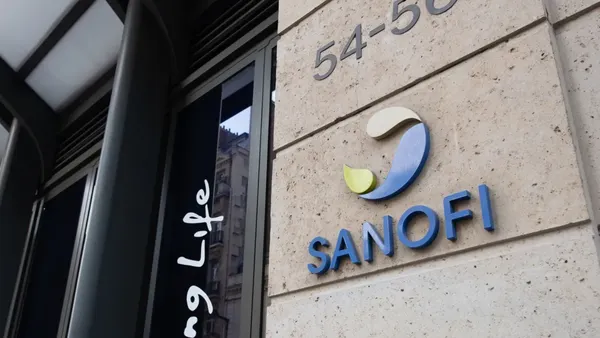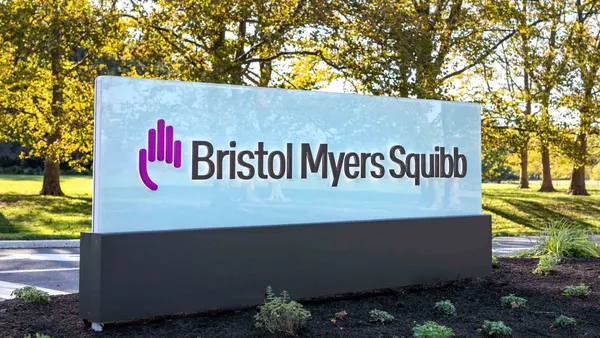Pfizer on Wednesday named a longtime Novartis executive the leader of an oncology division it is leaning on to win back the support of investors in the years ahead.
The pharmaceutical giant said Jeffrey Legos, who has been leading Novartis’ hematology and oncology drug development since 2015, will become its new chief oncology officer. In that role, Legos will report to Chris Boshoff, who was formerly Pfizer’s cancer drug chief but stepped in as head of R&D last year when Mikael Dolston retired.
Legos will replace interim chief oncology officer and one-time Seagen R&D leader Roger Dansey, who joined Pfizer after it acquired Seagen in 2023 and will retire after Legos takes over.
Legos has more than two decades of experience developing cancer drugs in various roles at GSK and, since 2015, Novartis. Through those positions, he’s played a part in over 40 regulatory approvals of drugs and companion diagnostics, Pfizer said. At Novartis, those approvals included the radiopharmaceutical Pluvicto and the breast cancer drug Kisqali, both of which are among the company’s fastest-growing medicines.
At Pfizer, Legos looks to ignite investor interest in a cancer drug portfolio the company is counting on to boost sales in the coming years. Fast-fading sales of its COVID-19 vaccine Comirnaty and treatment Paxlovid, as well as missteps in some recent acquisitions, have led to cost cuts, a flagging stock price and a challenge from an activist investor. Multiple top-selling drugs, including Xtandi and Eliquis, will lose patent protection this decade, too. While investors have focused their attention on Pfizer’s obesity drug research, the company has insisted that its cancer drugs — many of which were acquired in a $43 billion buyout of Seagen in 2023 — can help pick up the slack.
That portfolio accounted for about a quarter of Pfizer’s roughly $64 billion in revenue last year and had four medicines — led by the breast cancer drug Ibrance — that eclipsed $1 billion in sales. Pfizer has claimed its pipeline could produce eight more so-called blockbusters by 2030, both by growing sales of marketed medicines and succeeding with others in testing.
On a quarterly earnings call earlier this week, CEO Albert Bourla pointed to a pair of breast cancer drugs in late-stage testing, among them a type of protein-degrading therapy it’s co-developing with biotechnology company Arvinas. One antibody-drug conjugate it inherited from Seagen is in a Phase 3 trial in lung cancer, while a second ADC aimed at a popular immunotherapy target, PD-L1, will join it this year, he said.
Bourla also claimed Pfizer’s multiple myeloma drug Elrexfio is poised to become a “mega blockbuster.” The drug generated more than $130 million in sales in its first year despite only being available for a “very niche indication,” Bourla said. The company has four ongoing Phase 3 studies that could help broaden use. But it’s already battling for market share with a similar therapy from Johnson & Johnson, and could potentially face additional competition from Regeneron.
“This product will become a very big oncology product for Pfizer,” Bourla said.
Sales growth of Padcev, another Seagen drug, is also a key part of Pfizer’s plan. Study results expected this year in a type of bladder cancer could “nearly triple” the number of patients eligible for treatment, he added.
Padcev earned about $1.6 billion in sales for Pfizer last year.
Pfizer shares have lost about half their value since peaking near $60 apiece in 2021.














